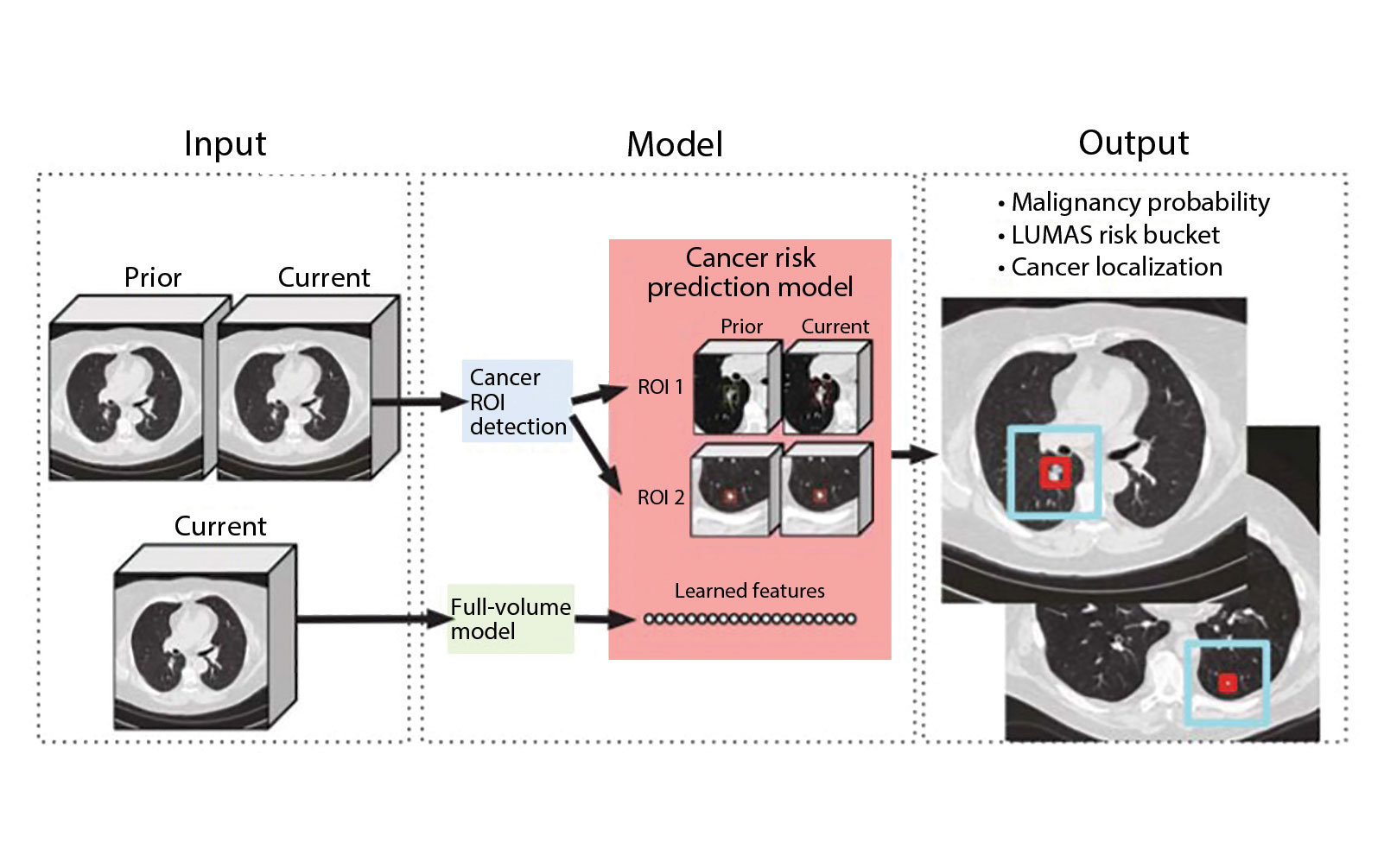
.- Cutting-Edge AI Algorithms Revolutionize Cancer Diagnosis.- Cutting-Edge AI Algorithms Revolutionize Cancer Diagnosis In the relentless fight against cancer, cutting-edge AI algorithms have emerged as transformative tools, revolutionizing the diagnosis and treatment of this enigmatic disease. Early Detection Breakthroughs: AI-driven image analysis algorithms analyze large volumes of medical scans, including CT, MRI, and pathology images. These algorithms can detect subtle anomalies and patterns that may escape the human eye, enabling early detection of cancerous lesions and pre-cancerous conditions. By identifying these abnormalities at an early stage, patients can receive prompt treatment, increasing their chances of survival. Precision Diagnostics: AI algorithms can classify cancer types with unprecedented accuracy. By analyzing genetic and molecular data from tumor samples, these algorithms can identify specific biomarkers associated with different cancer subtypes. This precision diagnostics allows physicians to tailor treatment plans to each patient’s unique cancer, leading to more effective and personalized therapies. Automated Microscopy: AI algorithms automate the analysis of tissue samples under a microscope. These algorithms can rapidly identify and quantify cancerous cells, providing pathologists with objective and consistent data. This automation streamlines the diagnostic process, reducing human error and improving the accuracy and reproducibility of cancer diagnoses. Predictive Modeling: AI algorithms can analyze patient data to predict the risk of developing cancer or the progression of an existing tumor. These predictive models help clinicians identify high-risk individuals and tailor preventive measures accordingly. Additionally, they can identify patients who are more likely to benefit from certain therapies, optimizing treatment choices and minimizing unnecessary side effects. Impact on Clinical Practice: The adoption of AI algorithms in cancer diagnosis has significantly impacted clinical practice. It has: * Enhanced diagnostic accuracy and precision * Enabled early detection of cancer * Facilitated personalized treatment plans * Improved patient outcomes and reduced mortality * Streamlined the healthcare process Future Prospects: The field of AI-driven cancer diagnosis is rapidly evolving, with ongoing research focused on: * Developing algorithms that analyze even larger and more complex datasets * Integrating AI with other technologies, such as wearable devices and telemedicine * Exploring the potential of AI in predicting treatment response and prognosis As AI algorithms continue to improve, they hold the promise of further revolutionizing cancer diagnosis and ultimately providing patients with better health outcomes and a longer, healthier future.
Posted inNews